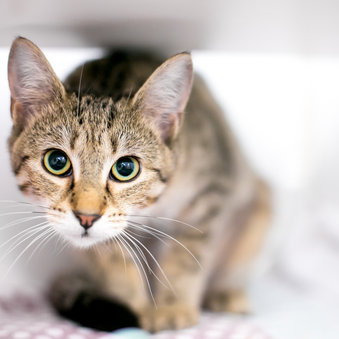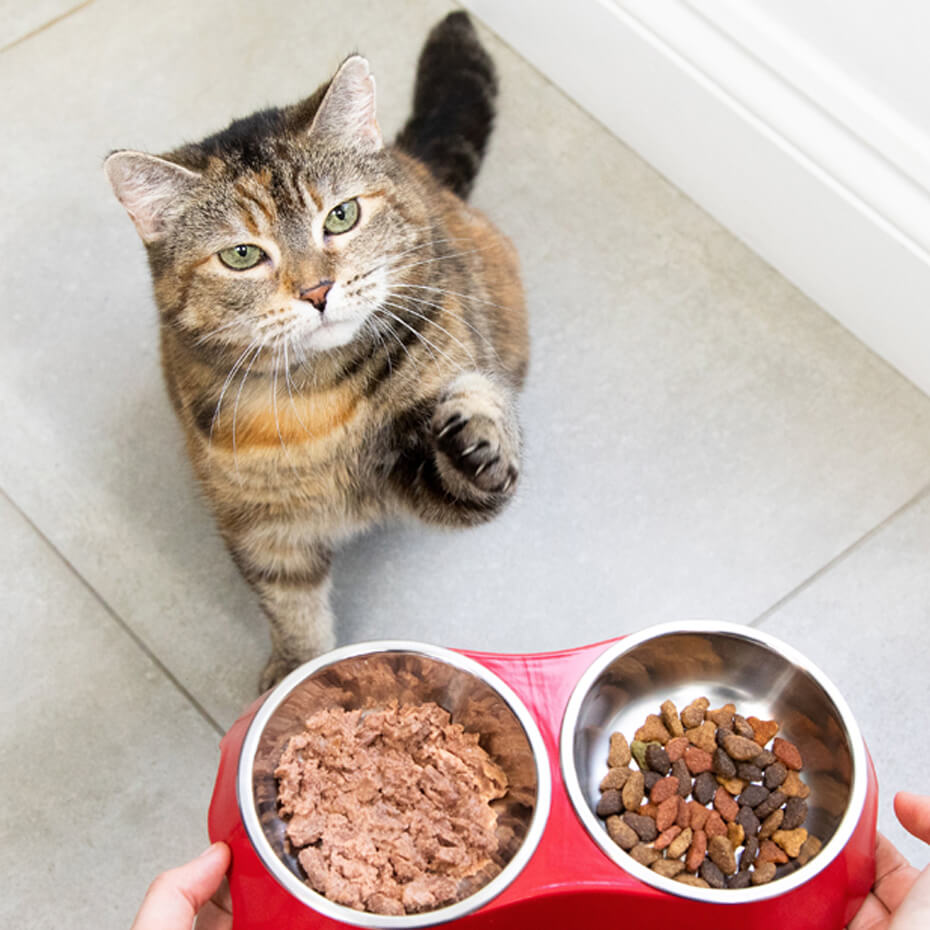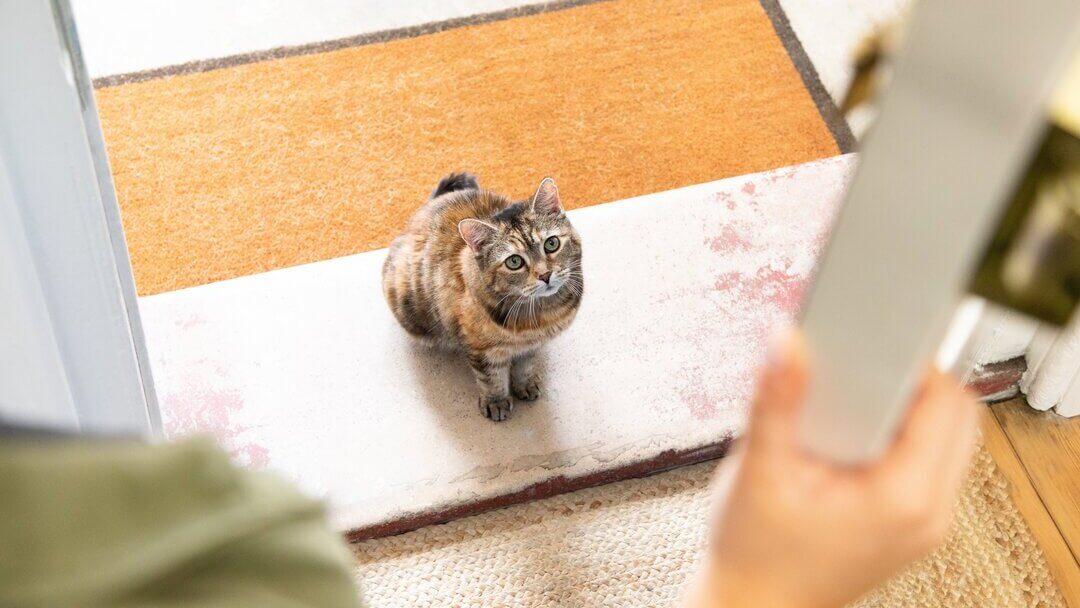
If you are considering breeding cats, there are several factors you need to consider before making a decision. It is not a job you should undertake lightly and we recommend reading up as much as you can on the cat breed you want to breed and what the process may entail.
In this article, we will provide you with a rough guide of what to expect if you do choose to breed. Consider seeking professional or expert advice though, and definitely try and speak to a certified breeder that you trust before making your decision.
Breeding cats and the law
When considering whether you would like to breed cats, the first thing you should keep in mind is the law. It is very important to check the laws on cat breeding and ensure that you can be in line with them.
The laws on cat breeding are not as strict as the laws on dog breeding. Dog breeding has two laws that regulate it: Breeding of Dogs Acts 1973 and 1991 and by the Breeding and Sale of Dogs (Welfare) Act 1999, which requires you to have a licence to breed dogs.
Breeding cats, on the other hand, is only protected by the Pet Animals Act 1951. This act requires you to have a licence to sell pets through a pet shop or an individual home; however, it is more than 50 years old and has failed to adapt to the changing cat breeding market, where most sales are made online and through small advertisements.
Recently, there has been a push from Cat Protection and MPs in the UK Government to try and rectify this. More attention is also being paid to the often poor conditions in which cats are being breed and it is likely that there will be strict crackdowns in the future. Cats Protection believes that much of these poor conditions are due to hobby breeders (those more interested in money than in breeding) so do make sure you are properly committed to the cause before breeding cats.
What does it entail?
Breeding cats can sometimes seem an exciting proposition, as certain cat breeds can sell for a lot of money. It is important to keep in mind, however, that the costs of cat breeding are high and that the process is time-consuming.
In 2013, the number of unwanted litters given to Cat Protection adoption centres across the UK increased by 19% from 2012. Most of these ‘unwanted litters’ were abandoned by hobby breeders who were not quite sure what they were getting into when they started and then could not sell their cats.
Here are some factors that you should keep in mind before deciding to breed cats.
Age of the queen: You should not starting breeding cats until your queen is fully-grown. If you do, it can be very damaging to her health, as she will then have to concentrate her energies on feeding her kittens rather than growing. Your cat should be 18 to 24 months old before you consider breeding her, and should be strong (i.e. healthy, and have a good body condition).
Health checks: It is definitely required for you to do a full health check-up of your cat before you consider using them for cat breeding. You should test for genetic disorders, any illnesses or diseases. They should definitely be free of ringworms and ear mites or fleas. You may also have to check with the vet on what breed-specific diseases they recommend screening for.
Breeding guidelines: While the official rules for breeding cats are not fully legally implemented, there are established bodies that play a crucial role in governing how cats are bred in the UK. One such organisation is the Governing Council of the Cat Fancy, which establishes breeding advisory councils that issue guidelines for each breed of cat. These guidelines include standard points, registration policy and breeding policy per breed. You may need to follow these guidelines, so make sure you are up to date.
Imported cats: There are specific rules for importing cats for breeding. Do make sure you are up to date with these rules and are following all the guidelines. The Governing Council of the Cat Fancy has some helpful rules on its website for what it requires to join its organisation and for registering imported cats.
Pet insurance: You will be expected to buy pet insurance for your litter of kittens if you are breeding cats. Make sure you have enough capital to cover these costs.
Vaccinations and care: You will also be expected to provide at least the initial vaccinations for the litter. These are essential to making sure your kittens are in good health and that your customers are getting the healthiest cats possible. Vaccinations can cost a substantial amount when you consider that these kittens need to be taken care of as well in the first eight weeks, before you can give them to the new owners.
Seeking help
There are several unwanted cats in the UK and several more abandoned cats or strays, so do be sure you can find homes for your litter of kittens before you decide to start breeding cats.
If you are unsure and need additional help or guidance when it comes to making up your mind about breeding cats, there are several agencies that can advise you on the cost of cat breeding and what you need to consider. The Governing Council of the Cat Fancy is an excellent source of information on rules and regulations, as well as what you can expect. Their breeding policy and outcrossing policy should help you with any decisions you need to make. They also register bred cats in the UK.
International Cat Care is also an agency you can turn for advice on breeding. They provide information on international breeding standards and common problems to look out for.
In this article, we have outlined some of the factors you need to consider before breeding cats. Talking with an expert will give you more insight and help you make your decision.
Read more about pregnancy in cats here.













